Mozambique: Matola City Council plans to remove buildings from water retention basins - report
Extradition of Chang to the US to be heard on Monday – AIM report
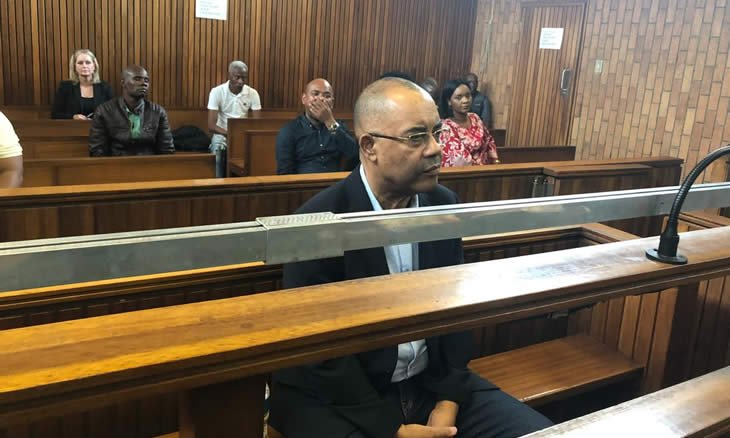
File photo: O País
The Kempton Park magistrates’ court in Johannesburg on Thursday decided that the two requests for the extradition of Mozambique’s former Finance Minister, Manuel Chang, one to the United States and the other to Mozambique, must be held separately and not concurrently.
Chang has been in South African police custody since 29 December, when he was detained at Johannesburg’s OR Tambo International Airport, on his way to Dubai. The South African police acted on the basis of an international arrest warrant, issued by the US Justice Department, which wanted to extradite him to New York to face charges of conspiracy to commit money-laundering, wire fraud and securities fraud.
The charges arise from Chang’s key role in the largest financial scandal ever to hit Mozambique – he had signed the illicit government guarantees that made it possible for the banks Credit Suisse and VTB of Russia to lend over two billion US dollars to the three fraudulent security-related companies Proindicus, Ematum (Mozambique Tuna Company) and MAM (Mozambique Asset Management).
The American warrant spurred the Mozambican Attorney-General’s Office (PGR) into action, and in February it too submitted a request for Chang’s extradition. The PGR has also been rounding up suspects in Mozambique – the number of arrests now stands at 12, including the former head of the Mozambican Security and Intelligence Service (SISE), Gregorio Leao, the former head of SISE economic intelligence, Antonio do Rosario, who was chairperson of all three companies, and the oldest son of former president Armando Guebuza, Ndambi Guebuza.
According to the reports of Thursday’s proceedings in the Kempton Park proceedings by the Mozambican anti-corruption NGO, the Centre for Public Integrity (CIP), and the independent newssheet Carta de Mocambique, South African Prosecutor JJ du Toit criticised the inadequacies in the Mozambican extradition request.
He said the Mozambican arrest warrant did not refer to the crimes Chang is accused of. This is very different from the US indictment, which is a 49 page document, giving details of the fraud, and of the payment of at least 200 million dollars in bribes and kickbacks from the loan proceeds.
The PGR had sent its extradition request to South Africa in February, without any evidence that an arrest warrant had been issued. The arrest warrant followed on 4 March – but without any indication of the charges Chang would face in Mozambique.
One of Chang’s lawyers, Willie Vermeulen, argued that the South African court is not competent to decide on Chang’s extradition. He said the final decision would be political, and so the matter should be handed over immediately to the Minister of Justice for a decision.
Du Toit objected vehemently. The normally calm prosecutor raised his voice and asked “If the court is not competent to decide on the case, then what are we doing here? Why don’t we just hand the case over to the Minister, if he is judge, prosecutor, defence lawyer and all?”
Du Toit argued that the US extradition request should take priority, and that different judges should hear the US and the Mozambican requests, allowing for greater independence in taking the decision.
The judge, William Schutte, appeared to agree and ruled that the two requests will be judged separately. The American request will be heard first, next Monday. If the court has enough time, the Mozambican request will be heard the same day.
Du Toit said the court must decide on whether Chang can be extradited, based on the three key documents involved – the extradition treaty between South Africa and the United States, the SADC (Southern African Development Community) Protocol on Extradition, and the general South African law on extradition.



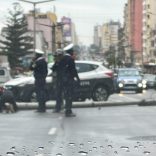
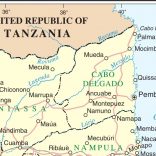

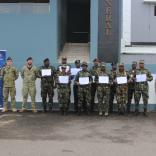
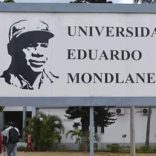




Leave a Reply
Be the First to Comment!
You must be logged in to post a comment.
You must be logged in to post a comment.